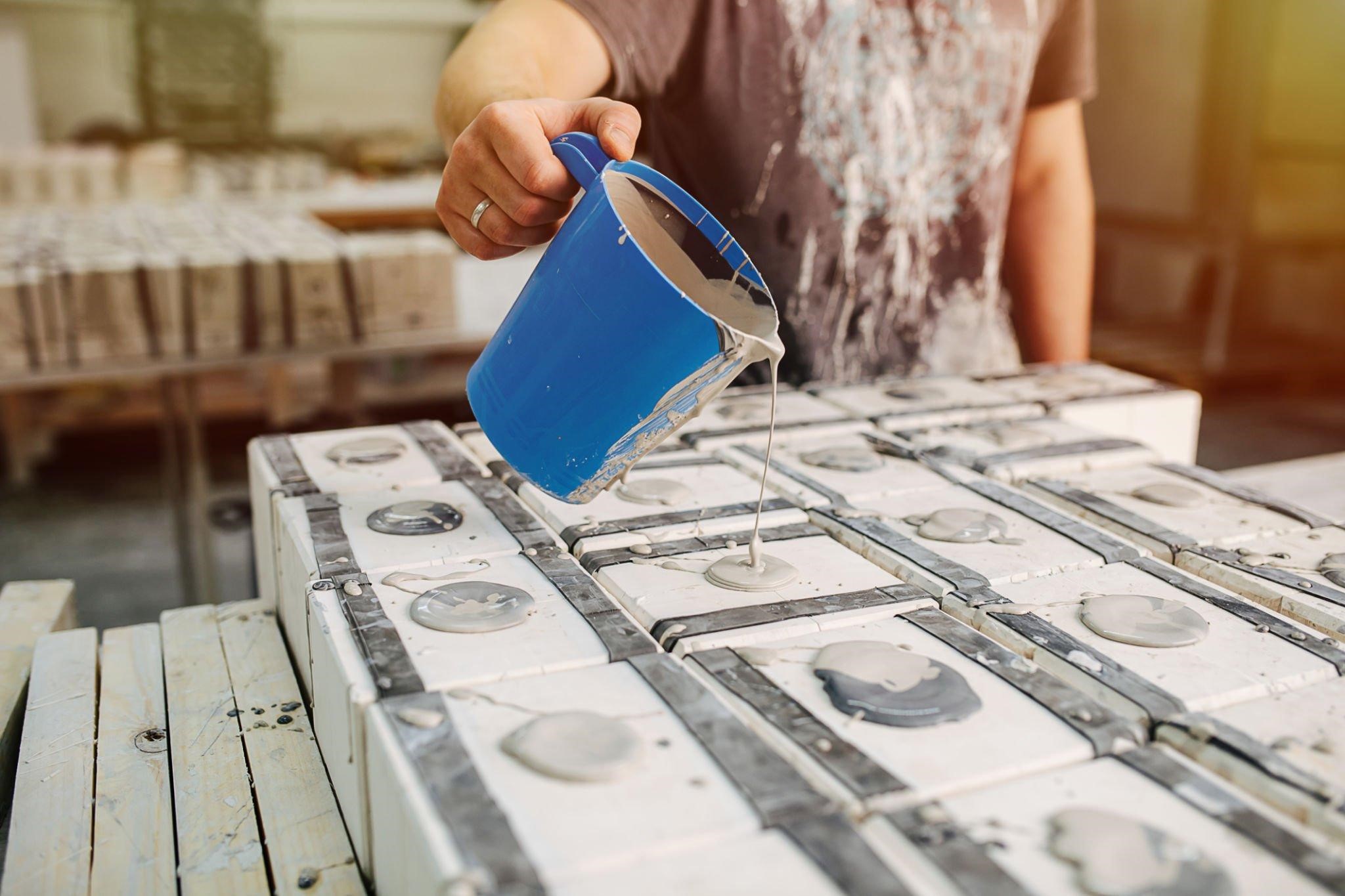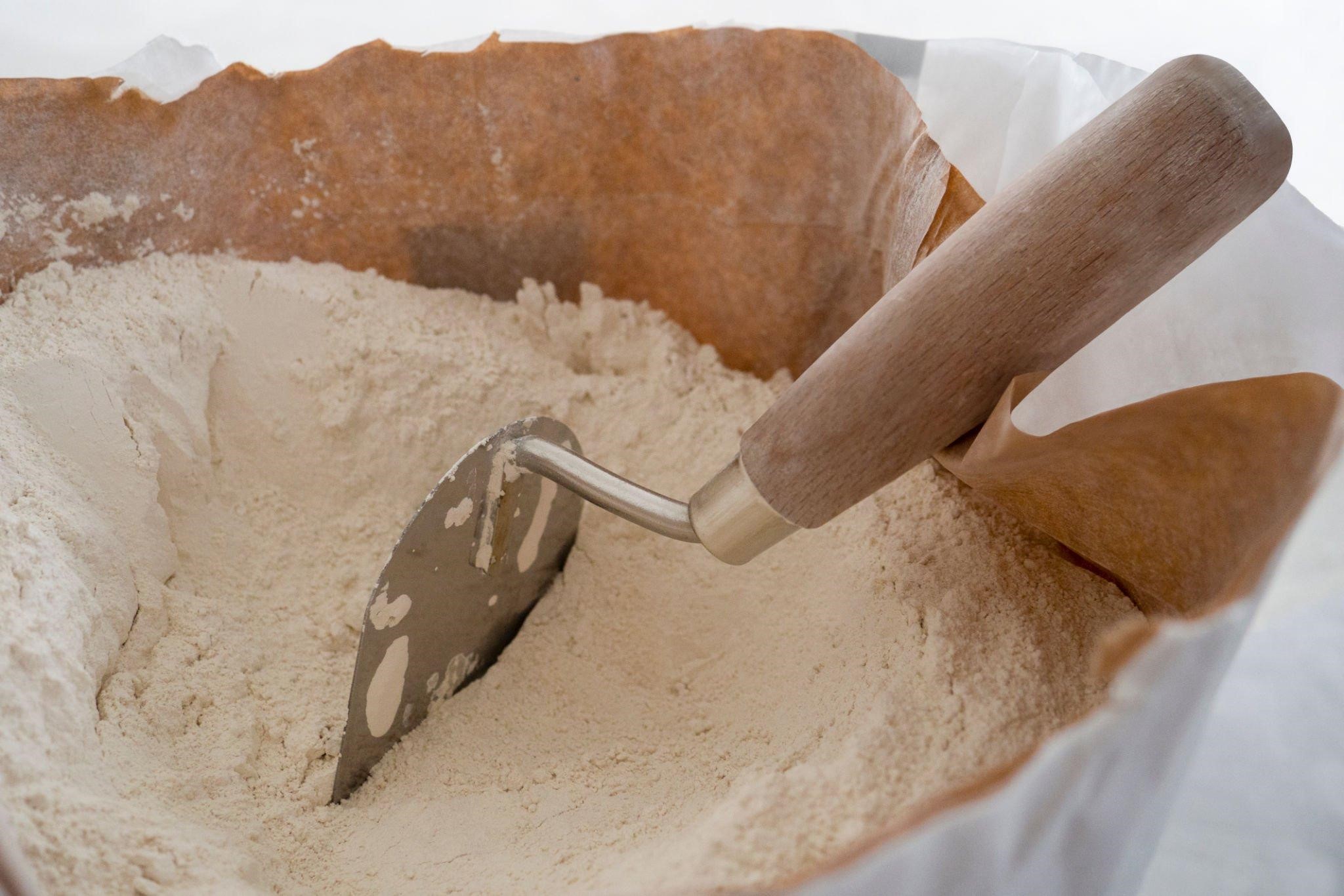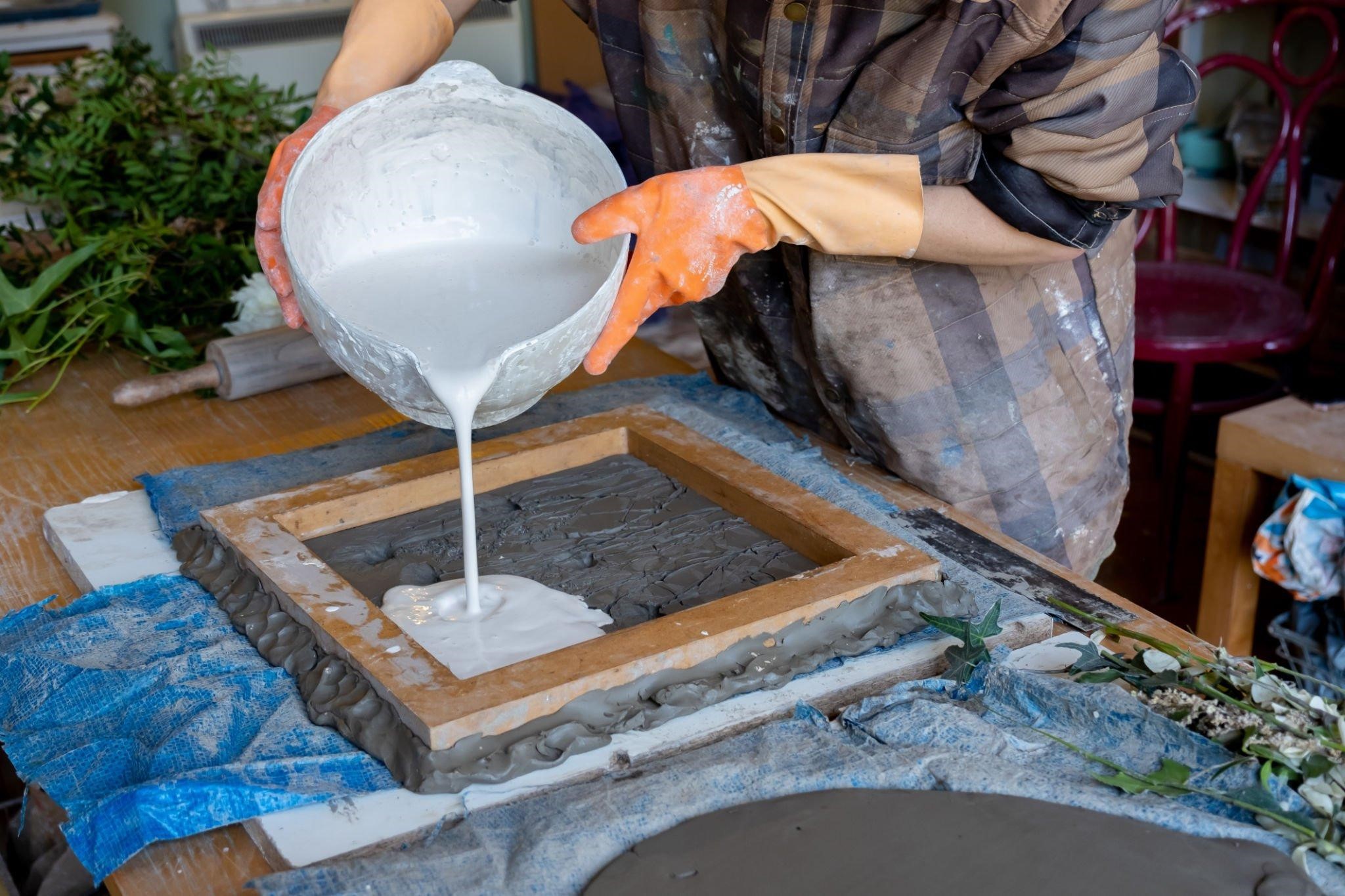Clay Plaster – What are the Pros, Cons and Uses of It?
Clay plaster is an old-age building material which is also trending in modern buildings.
What is clay plaster?
It is a natural, sustainable, skin-friendly and eco-friendly plastering material. It is a mixture of clay, sand, fibre additives, and other binders.

It is predominantly used to provide a durable and aesthetic wall finish. They are specially used for the ecological and healthy properties that it renders to your walls and family members.
The clay acts as a binding agent whereas fibre additives like straw are the strengthening agents. You may find clay plaster in any conventional home, but it is difficult to identify them due to the coatings over clay plastering.
The clay is typically a graded mixture of fine rocks or minerals which mainly possess cohesive and plasticity properties.
The particles of rocks and minerals in clay plaster forms different bonding strength between the layers of the plaster.
What are the advantages of clay plaster?
Clay plaster has many benefits to be used in your home or office. It is abundantly available on the Earth because of its natural and sustainable aspects.
Some of the advantages of Clay plaster include –
1. Regulates indoor humidity
It has the ability to control or control the humidity level of your indoors by absorbing moisture and releasing it as required. It helps to prevent the formation of mould.
Read also: Read to Know a few Basement Ideas for Your Renovation
2. Give shades of clay
The natural tone of clay provides different shades and textures of clay to create natural, breathable, warm, comfortable and rustic interiors. It provides an aesthetic interior to your home.

3. Health benefits
This plaster is a natural material and does not release any harmful volatile organic compounds and moisture into the indoor air.
This helps to promote an excellent healthy environment with improved air quality inside your home. It reduces the risk of respiratory disorders like asthma.
4. Regulates temperature
Clay plaster has the ability to regulate moisture and room temperature to help you feel cool in summer and warm in winter. This further reduces your energy consumption cost.
5. Low maintenance
You can easily repair any damage to clay plaster walls with a fresh layer of clay plaster.
6. Fire resistant
Your home is secured from catching fire due to its fire-resistant properties.
What are the disadvantages of clay plaster?
If the mixture of clay plaster has an inappropriate proportion of its content, your walls may have problems like dusting and cracking.
This can be avoided by employing skilled labour to prepare the mixture. The wall surfaces with clay plasters are soft and sensitive to direct exposure to moisture and sunlight. You may use various protective coatings, which are moisture-resistant and UV-rays resistant.
There are just a few disadvantages of clay plaster over many advantages, which can be rectified with utmost care and skill.

What are the uses of clay plaster?
Clay plasters are the ideal and affordable way for any wall finishing. It is best suited for dry interiors to create old farmhouse interiors with accent walls in your modern homes.
Different clay mixtures are available to add depth, texture, and tone to your walls. In recent times, clay plaster has been upgraded with various premium additives to enhance the properties of the clay.



Average Rating